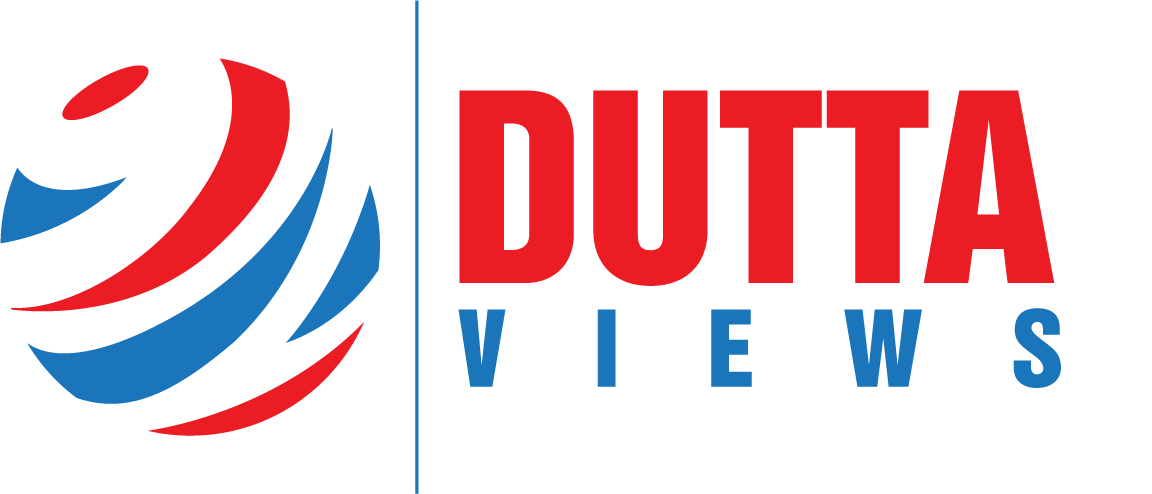Indian skincare startup Mamaearth has put its initial public offering (IPO) on hold due to the weak market conditions, according to two sources familiar with the matter. Mamaearth parent Honasa Consumer Ltd filed its IPO documents in December 2021, with plans to raise between $200 million and $300 million through new equity and an offer for sale of some existing shares. Mamaearth, backed by investors such as Sequoia Capital and Belgium’s Sofina, has now taken a “wait and watch mode” approach given the turbulence in stock markets globally, which has resulted in worries about the financial health of banks.
Mamaearth has been betting on India‘s booming beauty and personal care market, estimated to expand to $30 billion by 2026, and has been growing by 12% annually, according to the company’s IPO papers. The startup, founded in 2016 by husband and wife duo Varun and Ghazal Alagh, was last valued at $1.2 billion in January 2022. While Mamaearth planned to begin marketing the IPO and commence initial talks with investors by the end of January, this has not happened yet, as investors were not willing to give the company the desired valuation.
Mamaearth has until December to receive approval from the Securities and Exchange Board of India (SEBI) for its IPO and file its final prospectus. Although the company still plans to list, it may delay its IPO and re-evaluate market conditions. According to the sources, if the market sentiment improves, Mamaearth may start the marketing process by October. CEO Varun Alagh did not comment directly on the IPO being put on hold but stated that the company would not be “optimising for short-term valuations; we are in this for the long term.” Sequoia, the company’s largest investor, will not sell any shares in the IPO, and the founders will own over 97% of their shares after the IPO.
Last month, Indian apparel retailer Fabindia and jewellery retailer Joyallukkas scrapped their IPOs due to poor market conditions. Mamaearth is another example of how India’s IPO market has been hit by volatility in global stock markets, leading to companies putting their IPO plans on hold.

